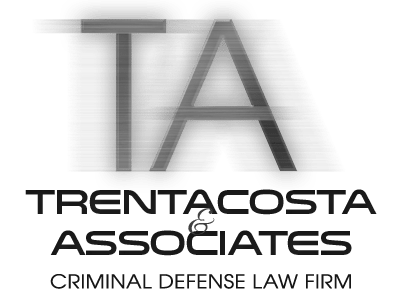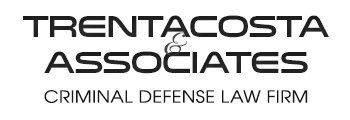Young people face juvenile criminal charges after being accused of an enormous range of crimes including shoplifting, stealing, traffic violations, criminal mischief, possession of a controlled substance (marijuana possession, drug possession), probation violations, robbery, arson, weapons charges, gang violence, rape or other juvenile sex crimes.
The Need to Understand Juvenile Law
Whether you are a child charged with a crime because you shot someone, or a family member distressed over a minor in possession of drugs, you need to understand juvenile defense procedures in order to defend yourself before juvenile court.
Whatever the age or the violation, contact us for a free consultation with an attorney. Our legal team has years of experience seeking to prevent jail time and other extraordinary punishments for juvenile crimes.
Juvenile crimes need to be taken seriously. They can affect a child’s future school and employment prospects. Juvenile records are not automatically sealed at age 18 but one must petition the court and in many cases the court will not seal the records.
If a child has a finding of delinquent behavior for a misdemeanor he must wait two years after the finding to have the record sealed. Even then it will not be sealed if he has had later offenses. If there is a finding of delinquent behavior for a felony, he must wait until age 21 to apply for sealing and in that time period there can be no subsequent felony violations.
Juvenile Defense: A Growth Industry
Recently, there has been a tremendous growth in juvenile prosecution and a greater willingness by the State of Georgia to certify juveniles as adults rather than prosecute them as juvenile delinquents.
The purpose of the juvenile justice system is different from that of the adult criminal justice system, however. The hope of the juvenile courts—and the hope of society—is that young people can be rehabilitated. Certifying them as adults completely gives up on that hope. We never forget that a child is just that: a child. A criminal record, even a juvenile record, is a tag that will often harm a child much more than it benefits the State.
What to Do if You Are Summoned to Court
When a parent is summoned to court to answer for his child’s alleged criminal act, he or she is usually unsure of what to do. Some parents don’t know whether they even need a lawyer. Sometimes a juvenile probation officer or court staff will tell the parents that an attorney is unnecessary. Sometimes a prosecutor will give the parents the same advice, assuring them that the case is not serious enough to warrant a defense attorney.
But beware: it is critical that your child be competently represented in juvenile court. There is no minor criminal case.
We make it a point to walk the young person and his parents through all juvenile criminal procedures. We will fight for your child’s freedom, which sometimes comes in the form of restitution or probation.
We investigate the circumstances of the arrest for violations of our client’s constitutional rights. Where police have overstepped we move to suppress the evidence, and at trial we expose deficiencies in the state’s evidence and use our powers of cross-examination to expose exaggerations and falsehoods in the state’s evidence.
We strive to establish a reasonable doubt which will require a finding of no delinquency, and are noted in the legal community for our skillful and dedicated service to our clients.

